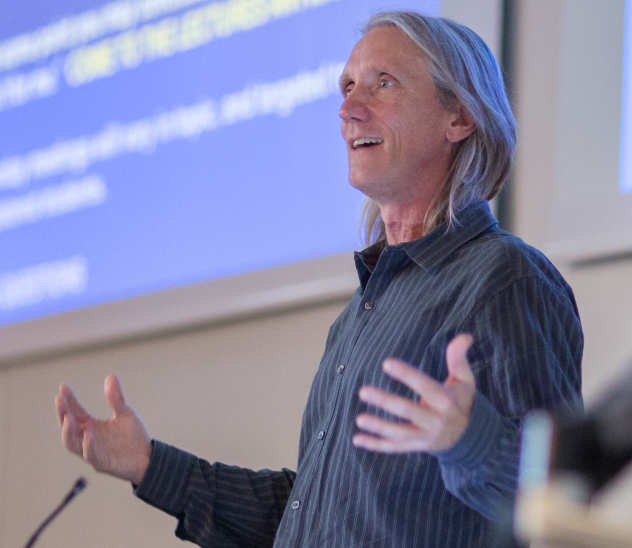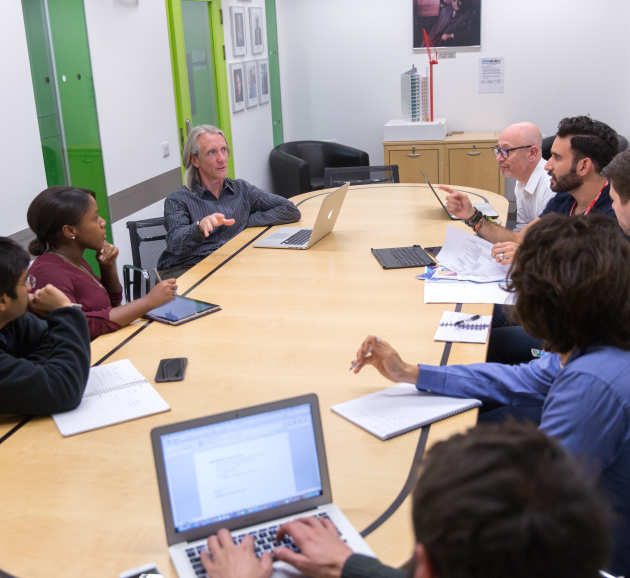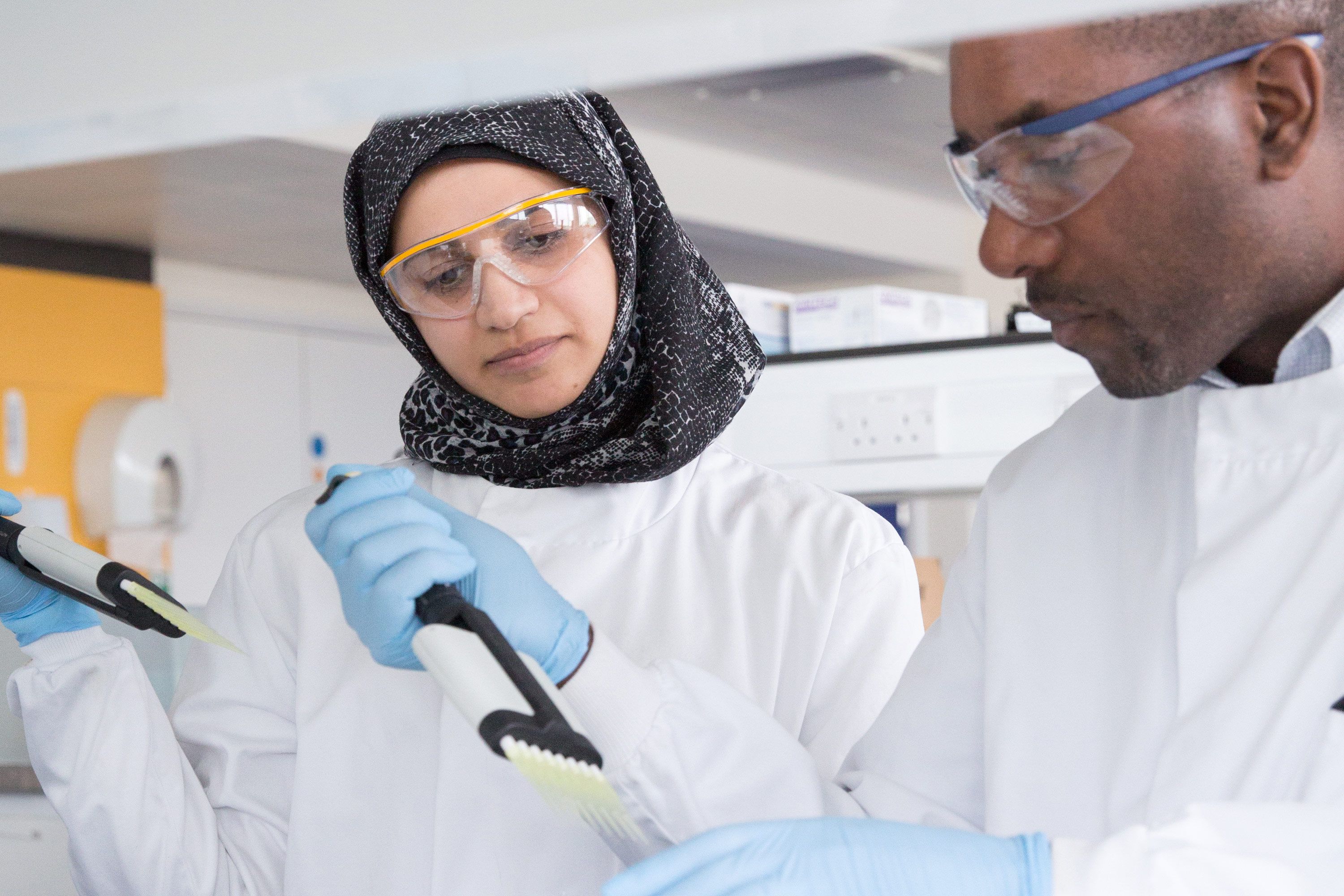 Twenty years ago, Professor James Moore was in the USA researching stents - medical devices used to shore up weak or narrow arteries. While studying the way blood flows through stents, he came up with an improved design. The problem was what to do next.
Twenty years ago, Professor James Moore was in the USA researching stents - medical devices used to shore up weak or narrow arteries. While studying the way blood flows through stents, he came up with an improved design. The problem was what to do next.
“Nothing in my academic training had prepared me for this,” explains Professor Moore. “It took a lot of time, but eventually I got the new design as far as animal trials with industry funding. Then, in the early 2000s another type of stent came on the market and industry lost interest in developing mine. I just wish someone had told me what to do!”
Following that experience, Professor Moore began running seminars, telling his story and bringing in successful entrepreneurs to tell theirs. In 2003 while at Texas A&M University, he was asked to set up a new course on medical device entrepreneurship. The course started out with 13 students but had swelled to 50 per year by the time Professor Moore moved to Imperial ten years later.
Student comment
“The program has really helped me to build my confidence in areas that I had no experience and also in building skills that will help me for the rest of my career.
"I think the structure of the program was fantastic (particularly in the weekly meeting with Professor Moore and the Entrepreneur-in-Residence). It was good to always have a bit of pressure to present something there and helped me to sustain the momentum of my project.”
Now, thanks to Professor Moore’s experience, Imperial students can learn exactly what to do with useful discoveries in medical technology.
He is running a new MRes degree in medical device entrepreneurship with the support of Imperial’s ‘entrepreneur-in-residence’, Daniel Green. With three medical device start-ups under his belt, and a former career as Financial Times reporter, Green has a wealth of experience to share with students.
A major component of the course is a research project, culminating with the development of a new technology and writing a professional business plan. Professor Moore says: “Our students are typically fresh out of an engineering degree, and preparing engineers to write a business plan is challenging.”
The students begin their first term with learning the fundamentals of business, including venture capital, patents and regulations. “It’s all done with case studies and with expert speakers who work in the field. The first thing they hear about is my experience with stents.
Next the students move on to analysing the market they are hoping to enter with their technology. Then they are ready to begin work on their business plan and ‘elevator pitch’ – a succinct and engaging presentation of their medical device which will help to convince partners or investors to work with them.
“Students need to develop clear communication skills – they need to learn excellent grammar, pace and structure. I meet them every week which means they constantly progress and I get to see them evolve throughout the year, which is amazing.”
It is early days, with only three groups of students having completed the course so far, but graduates are already finding success with their new ideas.
 Professor Moore explains: “One of our first students has started a business with a new type of fistula – a device that enables dialysis for patients with kidney disease. He has had two million pounds’ worth of investment from government and angel investors.”
Professor Moore explains: “One of our first students has started a business with a new type of fistula – a device that enables dialysis for patients with kidney disease. He has had two million pounds’ worth of investment from government and angel investors.”
Recent graduates are also working to develop an eye gaze tracker to control a robotic arm and an orthopaedic shoulder implant. Another is working on an implantable lymph node to help breast cancer survivors who have had theirs surgically removed during treatment.
Professor Moore adds: “The only limiting factor now is that students have to pay their own fees. We can find funding for PhD students but, even though these students are doing research and making a contribution, there is no mechanism to pay them for their work. I hope this will change and we will find some funding - a relatively small amount of money from a big company could easily fund a studentship.”
Sign Up
If you are interested in receiving the Learning and Teaching Newsletter, please email ltstrategy@ic.ac.uk.
You can also view the issue archive online.

